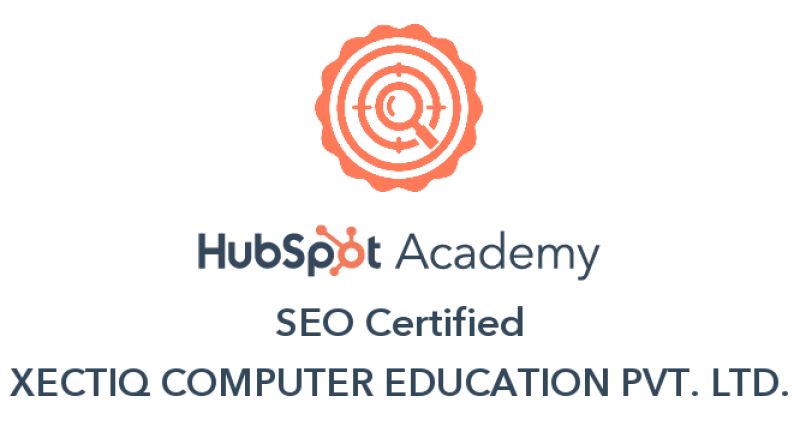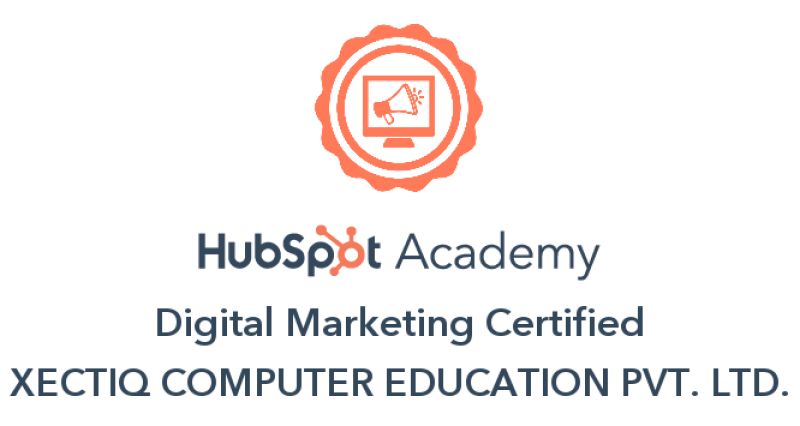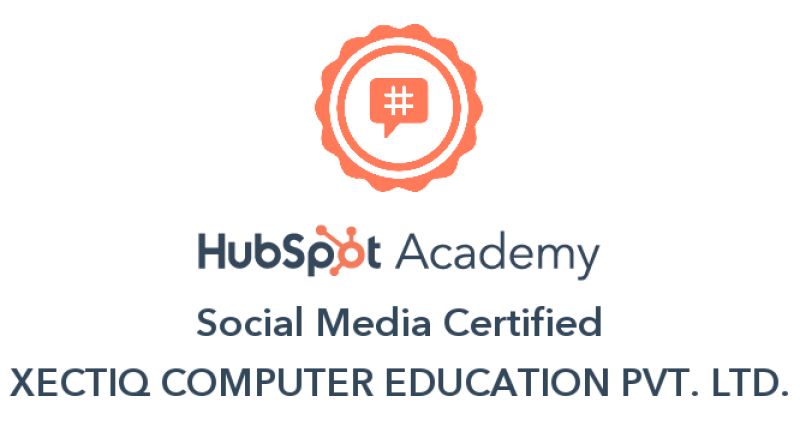
Understanding Digital Marketing
Digital Marketing Channels Overview
Digital Marketing Strategy
Website Basics
User Experience (UX) Design
Website Development Platforms
SEO Fundamentals
Keyword Research and Analysis
Technical SEO
Link Building Strategies
Introduction to SEM and PPC
Creating Effective Ad Campaigns
Budgeting and Bidding Strategies
Social Media Platforms
Content Creation and Marketing
Community Building and Engagement
Email Marketing Fundamentals
Creating Effective Email Campaigns
Email Automation
Content Creation and Strategy
Content Distribution
Google Analytics
Key Performance Indicators (KPIs)
Digital Marketing Ethics
Legal Aspects of Digital Marketing
Emerging Technologies
Adapting to Industry Changes
Eligibility Criteria:
- Minimum educational qualification: Class 10 and above
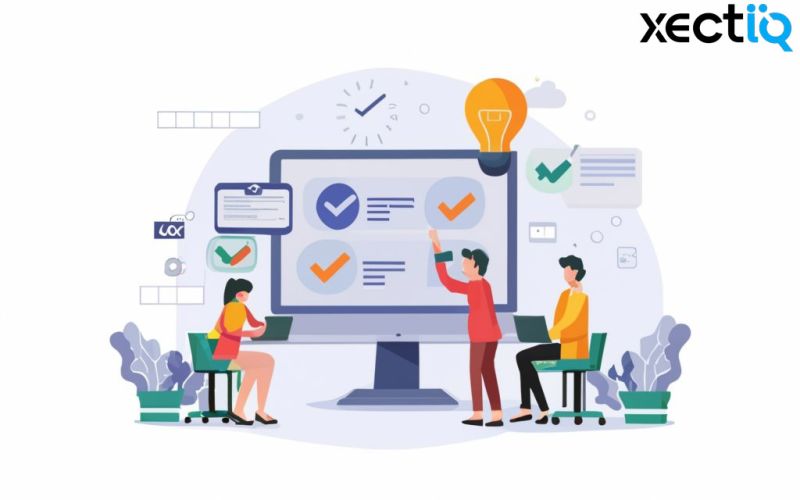
Course Code : S-C101

Course Code : S-D101
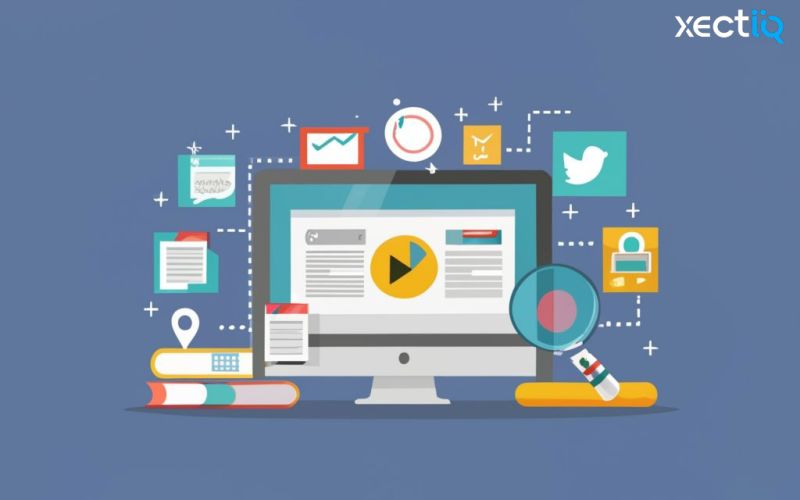
Course Code : M-A101

Course Code : M-A101

Course Code : M-A101

Course Code : M-A101

Course Code : S-C201

Course Code : S-C301

Course Code : S-C308

Course Code : S-C601

Course Code : S-D601

Course Code : S-C302

Course Code : S-C303
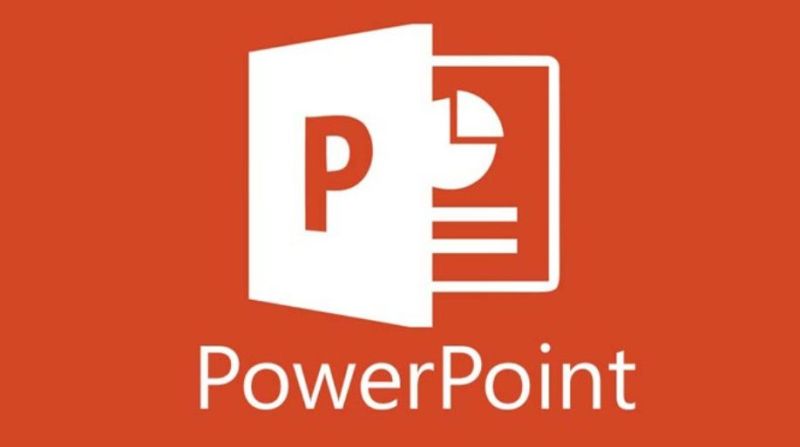
Course Code : S-C304

Course Code : S-C305

Course Code : S-C306

Course Code : S-C307

Course Code : S-C102

Course Code : S-C103

Course Code : S-C104

Course Code : S-C401

Course Code : S-C402

Course Code : S-C403

Course Code : S-C404

Course Code : S-C501

Course Code : S-C502

Course Code : S-C503

Course Code : S-C504

Course Code : S-C309

Course Code : S-C310

Course Code : S-C105

Course Code : S-C311

Course Code : S-C312

Course Code : S-C701

Course Code : S-C702

Course Code : S-C801

Course Code : S-C802

Course Code : S-C901

Course Code : S-C803

Course Code : S-D102

Course Code : S-C106

Course Code : M-C107

Course Code : M-D103

Course Code : M-D104

Course Code : S-D502

Course Code : S-D103

Course Code : S-D104

Course Code : S-C405

Course Code : S-C107

Course Code : M-A107

Course Code : S-C101

Course Code : M-P101

Course Code : M-P102

Course Code : M-A102

Course Code : M-A103

Course Code : M-D105

Course Code : S-C108

Course Code : M-D803

Course Code : M-D108

Course Code : M-D109

Course Code : M-S101

Course Code : M-S102

Course Code : M-A107

Course Code : S-C620

Course Code : S-C621

Course Code : S-C621

Course Code : S-C621

Course Code : S-C621

Course Code : S-C621

Course Code : S-C621

Course Code : S-C621

Course Code : S-C621

Course Code : S-C621

Course Code : S-C621

Course Code : S-C621
Course Code : S-C622
Course Code : S-C623
Course Code : S-C624
Course Code : S-LRS01
Course Code : S-LRS01
Course Code : S-LRS01
Course Code : S-LRS02
Course Code : S-LRS03
Course Code : S-LRS04
Course Code : S-LRS05

Course Code : M-A101
Course Code : S-NEXT01
Course Code : S-NEXT01
Course Code : S-NEXT02
Course Code : S-NEXT02

Course Code : S-C308

Course Code : S-C308

Course Code : S-C308

Course Code : S-C308

Course Code : S-C308

Course Code : S-D101

Course Code : S-C303

Course Code : M-P102
Course Code : S-LRS01

Course Code : S-C101
Course Code : S-402

Course Code : S-D101

Course Code : S-C201

Course Code : S-C101

Course Code : S-C101

Course Code : S-C101

Course Code : M-A101
Course Code : S-CTTC-01

Course Code : S-DM
Course Code : S-CTTC-01

Course Code : S-DM

Course Code : S-D101

Course Code : S-C201

Course Code : S-C301

Course Code : S-C308

Course Code : S-C308

Course Code : S-C308

Course Code : S-C308
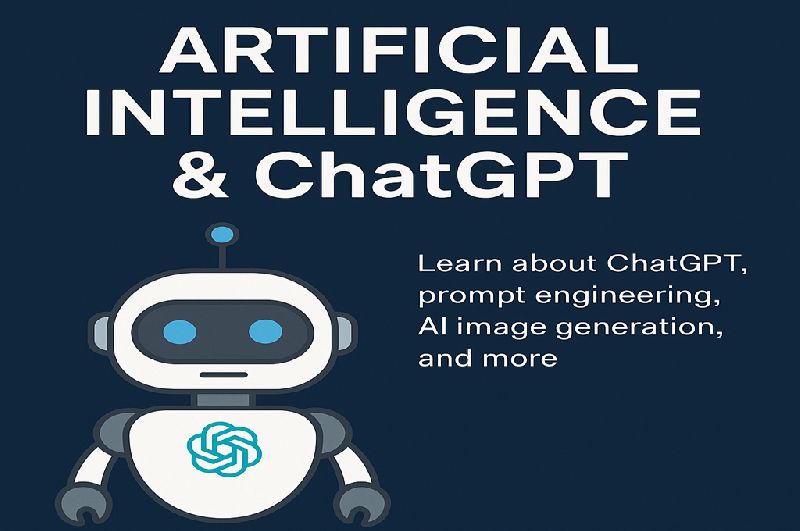
Course Code : S-AI101
Course Code : S-C406
Course Code : S-S-PDS
Course Code : S-S-PDS

